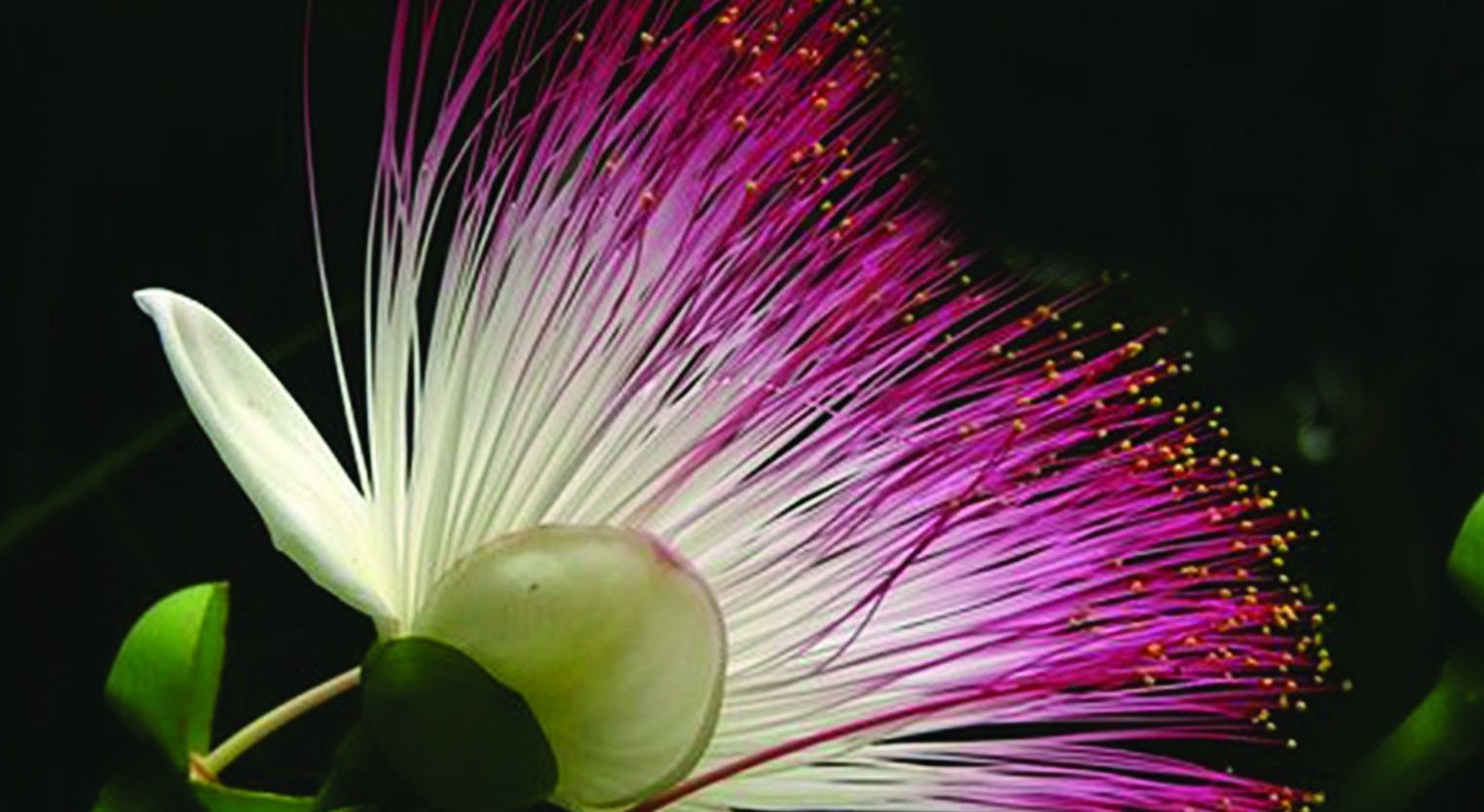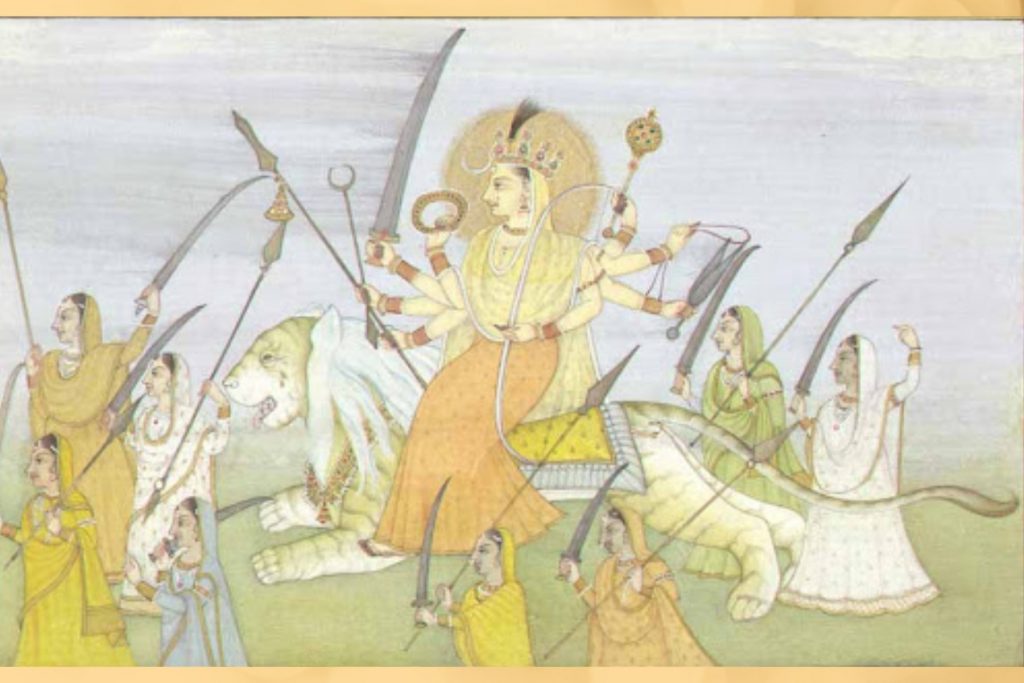Will the New Creation be Preceded by Destruction? (Part 3)
Volume 1, Issue 10Author: Kishor Gandhi CONTINUED FROM PART 2 The Two Choices Before Humanity These are the two alternatives facing humanity from which it will have to make its choice. The Mother has drawn our pointed attention to this choice in a recent message: “The Future of the Earth depends on a Change of
Will the New Creation be Preceded by Destruction? (Part 3) Read More »





